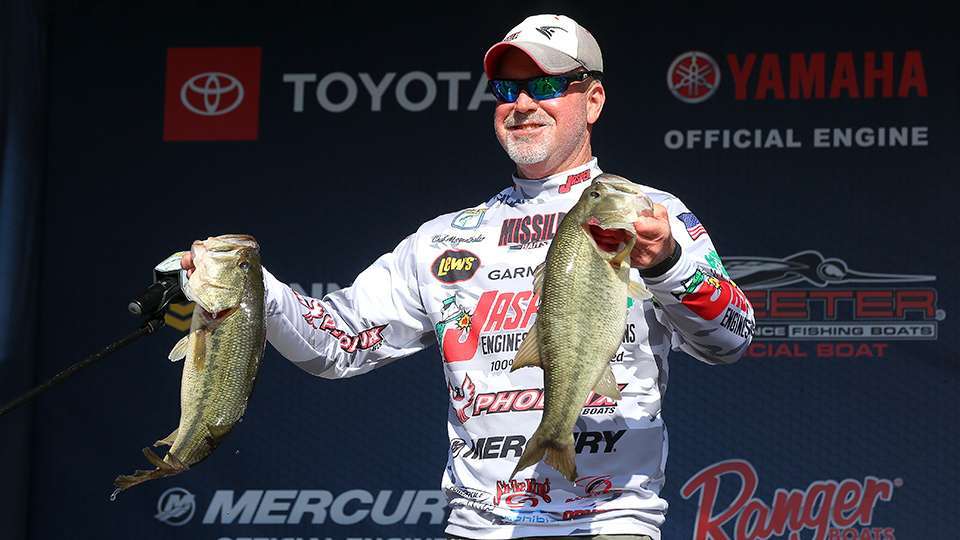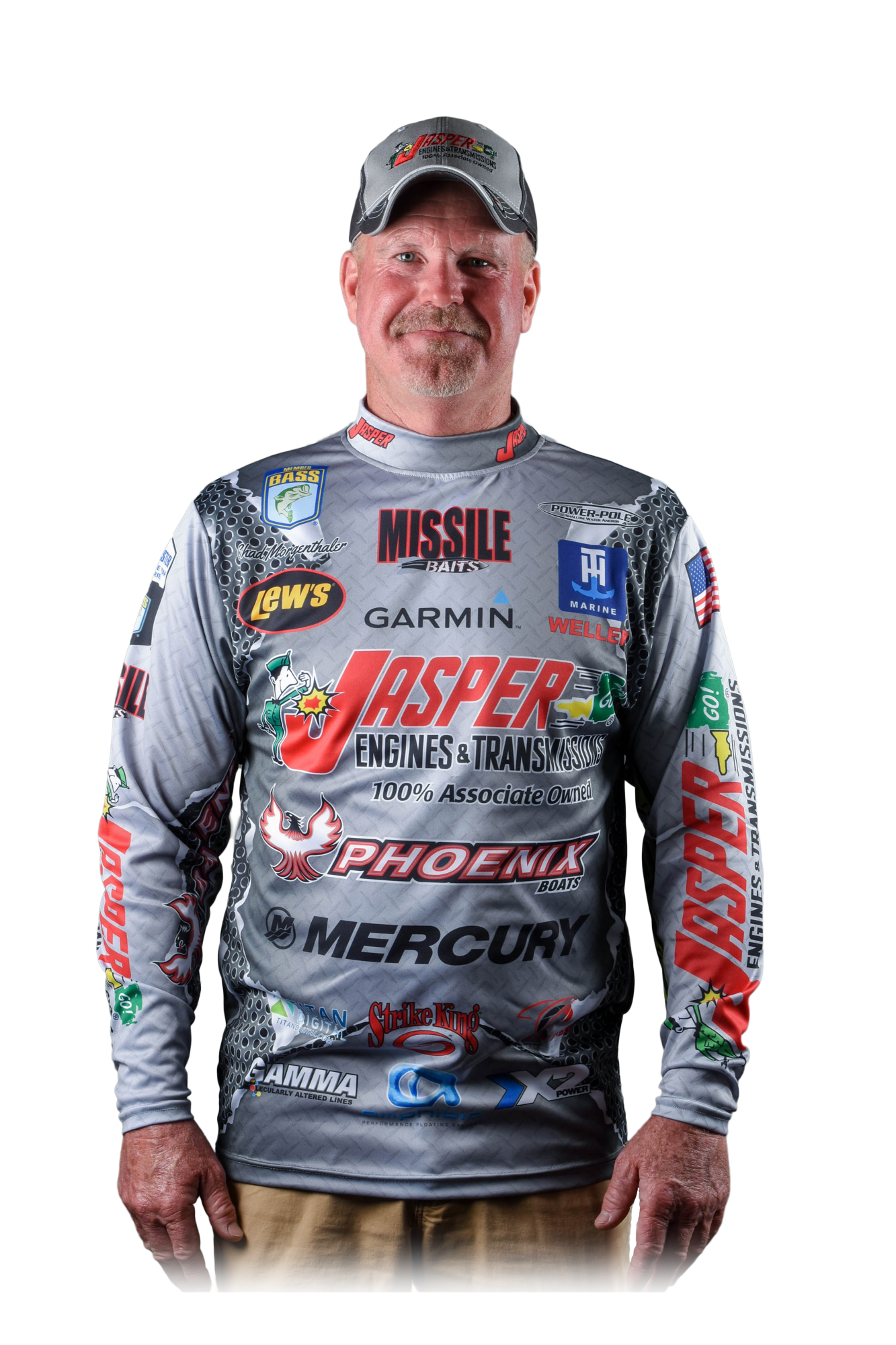
The Guaranteed Rate Bassmaster Elite at Pickwick Lake was unlike any other event I’ve fished. After three days of practice that was productive for many of us, we were postponed for two days before we got a chance to get back on the water under very different conditions. Of course change is a constant in fishing, especially at this time of year, but the amount of water that got sent into the system was unlike anything I’d ever seen before.
My performance in competition was remarkably inconsistent — one bass for just over 3 pounds on the first day, and five for 22-02 on Day 2. That left me a painful 1 ounce out of the cut. I’m not making any excuses. I failed to get the job done, but I hope that you can learn from my mistake.
After 20 years as a professional angler, I’ve learned that it’s very difficult to resist following through on what you’ve learned during practice, even if you know it’s going away. The tendency is to revert to your best patterns and your best areas, and that makes sense, except when you get one of those wicked curveballs from Mother Nature. That’s when you need to trust in yourself to put your boat in the water, fish the conditions and adjust on the fly based on your previous knowledge.
By the time we got back on the water at Pickwick, we were looking at a completely different system, but like several of my colleagues I was still locked into what was going on earlier in the week. There’s nothing wrong with using that as a starting point, but it took me way too long to learn what not to do.
It’s easy to go down the wrong path, either because you want to fish a certain way, or because you caught them a certain way before, or because of dock talk. Here’s a hint: your competition will typically not point you in the right direction.
I spent way too much time on Day 1 running around, trying to decide on the depth range and the areas that I wanted to fish. I spent most of my time up in less than 4 feet of water, and the fish weren’t there. On Day 2, I fished in more than 4 feet of water. Most importantly, I realized that the fish hadn’t moved far at all. In most places they were less than 30 feet from where I’d found them in practice, but on Day 1 it might as well have been 30 miles. My instincts told me to make the change faster, but I didn’t trust them as much as I should have.
Of course, early in your tournament career you won’t be able to fully rely on instincts. They won’t be fully developed. In order to get to that point, unfortunately you first have to live through a lot of failed efforts. You then have to meaningfully identify and analyze those failures. Finally, as much as I hate to say it, sometimes you have to hit rock bottom before you can make a major change. That’s when you don’t have anything left to lose.
Whether it’s a brutal first day, like I experienced at Pickwick, or a situation where you haven’t cashed a check in months, if you’re staring failure in the face it’s time to change the game plan.
You know the quote often misattributed to Einstein? “Insanity is doing the same thing over and over again and expecting different results.” I don’t care who really said it, but it rings true to me. Sometimes the hardest thing to do on the water, like in life, is to take the bold step to scrap everything you know and just go fishing.





